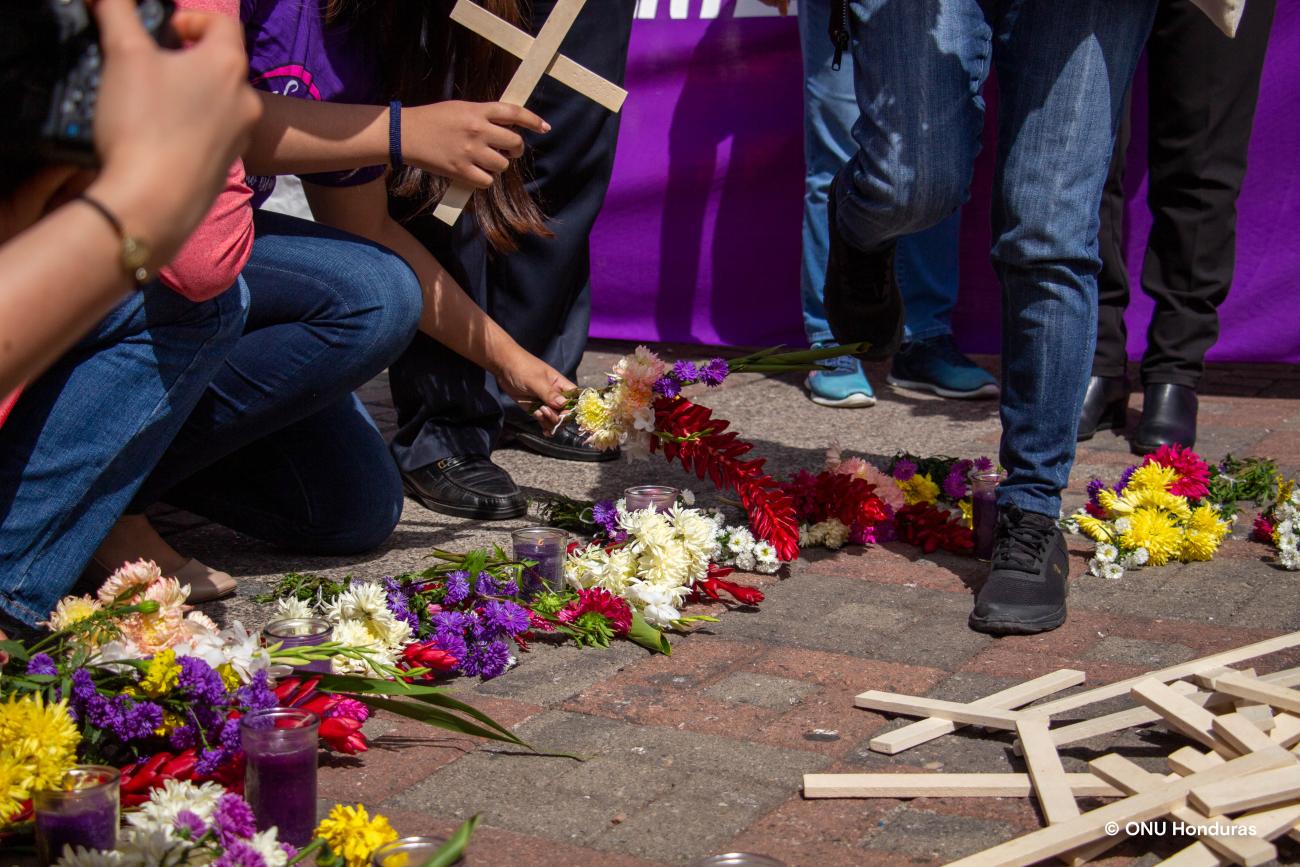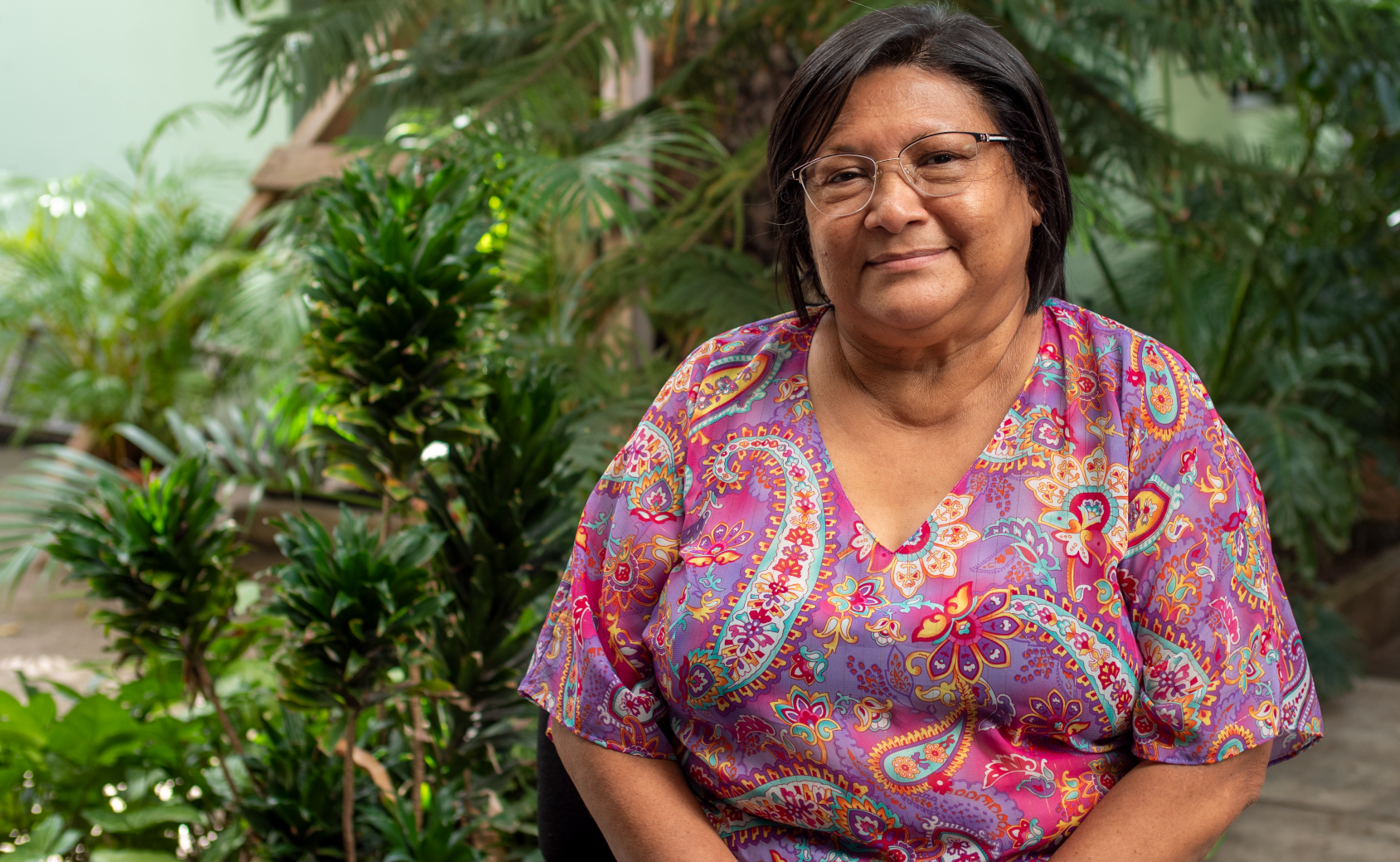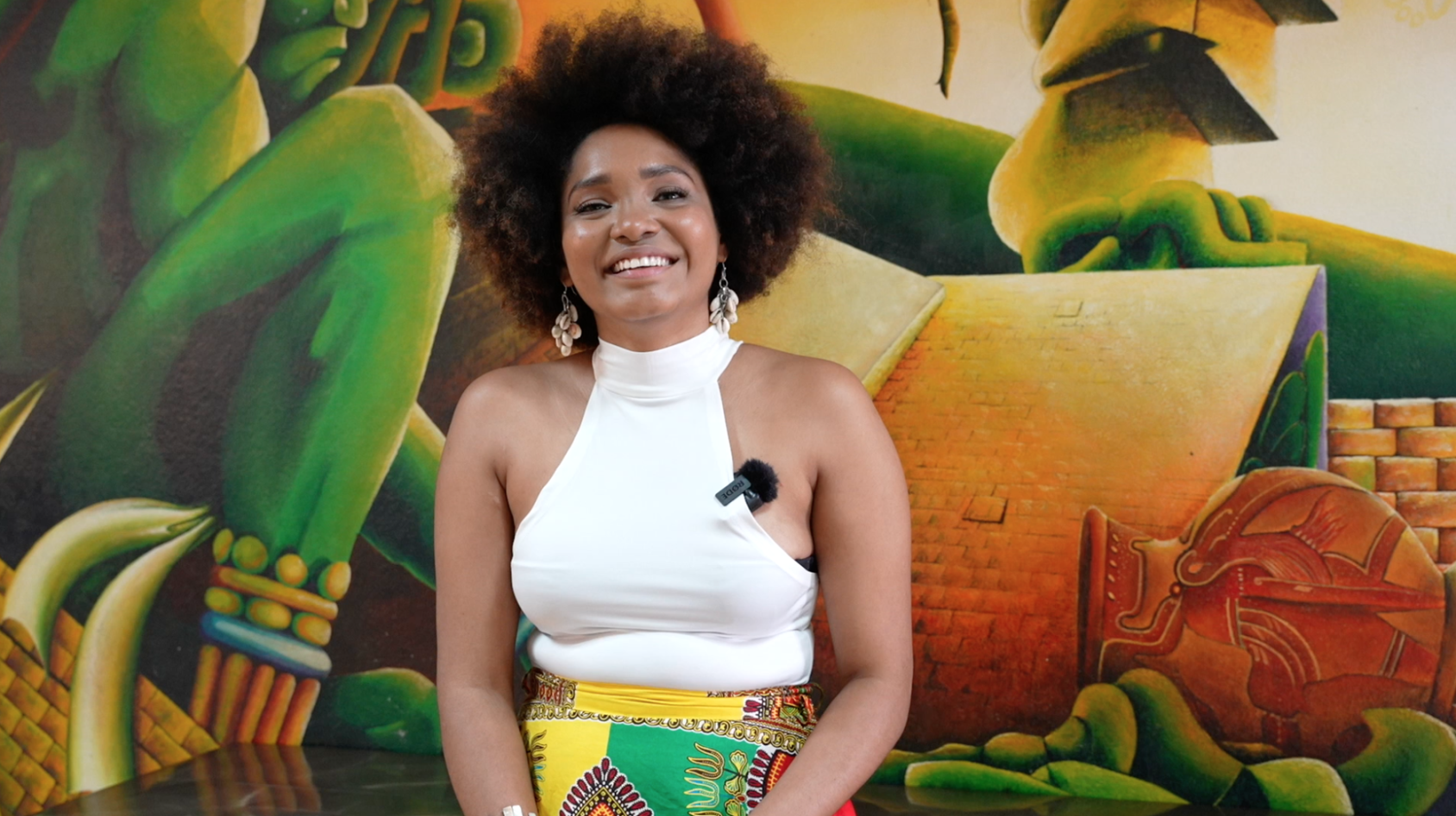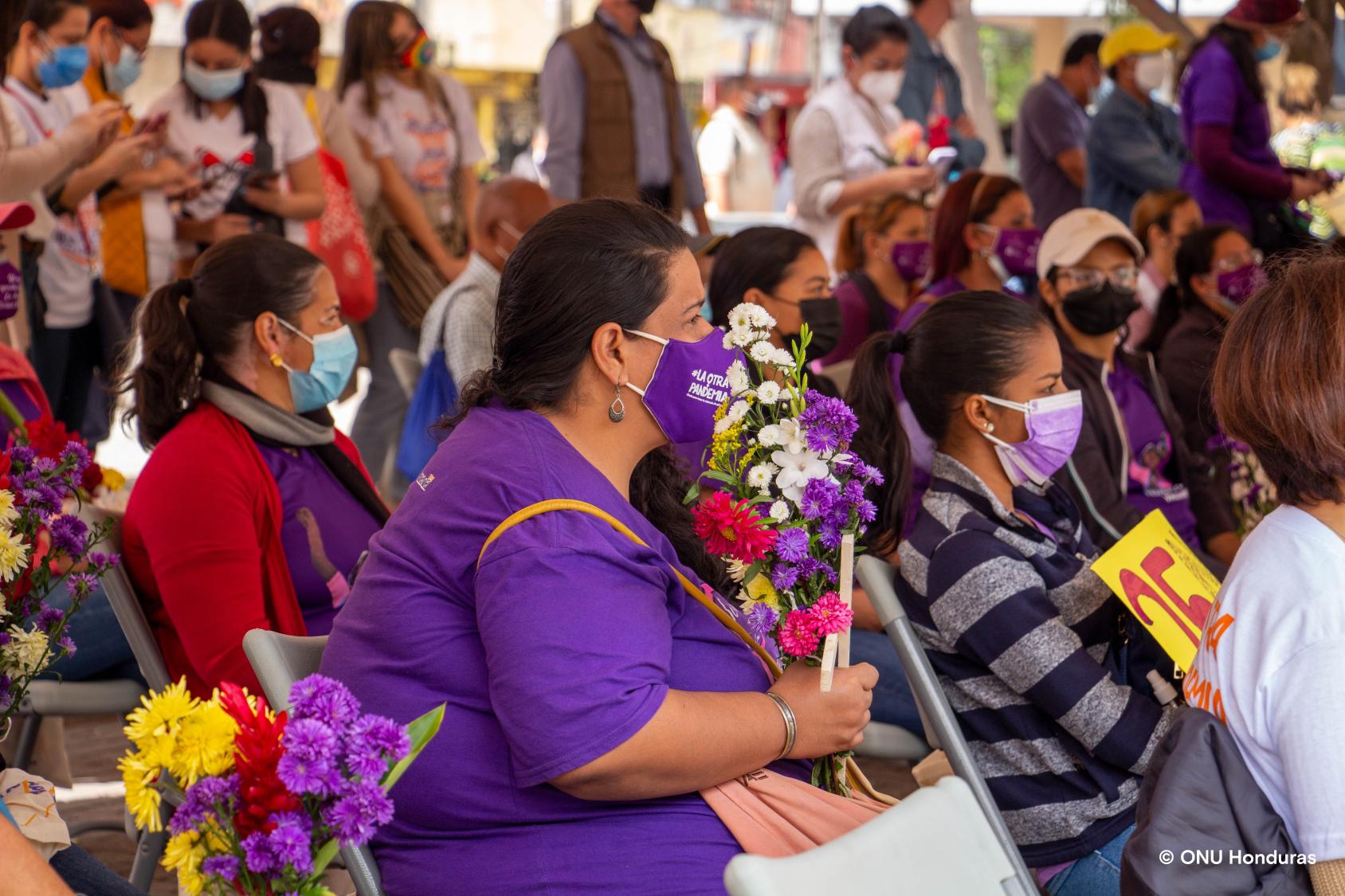Violence against women, the other pandemic impacting Honduras


“I was housebound. My partner did not like me to go out, not even to church. If I did, I would get beaten up”, explained a survivor of gender-based violence—who spoke anonymously with us to protect her safety—during a visit of UN authorities to a safe house.
Honduras has the highest femicide rate in the Latin American region, with 6.2 cases per 100,000 inhabitants. In 2020, 278 women were murdered in the country and, as of November 2021, more than 240 women have lost their lives violently.
During the pandemic, violence cases against women increased significantly; the number of emergency calls rose to 282 per day.
Laws to support survivors

“Our message is that we shouldn’t leave women’s and feminist institutions that fight to eradicate violence against women alone [on their mission]”, said Ana Cruz of Asociación Calidad de Vida, an anti-violence organization. “It is urgent to pass the law on safe houses where women who manage to get away from violent situations are taken care of”.
The law on safe houses, which has been stalled in the National Congress since 2018, aims to recognize and fund safe houses to provide care for survivors of multiple forms of violence, ensuring their wellbeing and that of their families. Civil society continues to advocate for this law to be passed and the United Nations has joined in these efforts.
"My respect to the brave women survivors of domestic violence! My appreciation and congratulations to Ana Cruz and the fantastic work of safe houses! The law on safe houses needs to be passed!", expressed the UN Resident Coordinator in Honduras, Alice Shackelford, on Twitter.
Mobilizing the public for positive change
Massay Crisantho is one of the 21 most influential people named ambassadors to help advocate on ending violence against women and girls by the United Nations in Honduras.
“Through this initiative I can be a spokesperson for women who experience this type of violence and I can use my platforms to inform and raise awareness about the issue in a male-dominated society where we normalize this type of situation”, said Massay Crisantho, who is and activist and advocate for the human rights and the culture of the Garifuna ethnic community.

It is not only women who must strengthen a social movement that contributes to breaking gender stereotype paradigms and cycles of sexism that lead to gender-based violence.
"I think it is important that young people, and particularly men, raise awareness about this type of violence," added Daniel Vijil, from the youth institution El Milenio. "Indeed, women are the affected ones, but as men, we have a greater opportunity to influence other men and make them reflect on how we impact our sisters, friends and colleagues with our behaviour”.
Education as a force for change
The United Nations Population Fund (UNFPA), through the Spotlight Initiative and in partnership with civil society organizations, launched the "The Other Pandemic" campaign in order to activate a social movement to address and prevent gender-based violence.
"I am a survivor of domestic violence and I am lucky to be alive," said Rosa Maria Perez at the launch of the campaign. "Two years ago, I came asking for help at a time when I couldn't take it anymore, to the extent that I intended to attempt against my life, with no hope for anything. Shall I live on, or shall I die? My decision was to die." The campaign includes a docuseries in which the testimonies of women survivors, like Rosa María, are central to raise awareness among the Honduran population on zero tolerance of all forms of violence against women and girls. The campaign and its different audiovisual assets have been broadcasted by over 15 media outlets nationwide and free of charge, including the country's most-watched TV network.
The role of data to help end violence against women

Media activism must be part of the change of paradigm; data plays a key role in understanding the impact on the Honduran population of how media report on violence against women. A large number of media have distorted the population’s perception on violence against women by informing about it in a way that makes it seems as if these are isolated cases, when the reality is that this is an endemic issue in the Honduran society.
A study conducted by the Spotlight Initiative and civil society partners—including the University Institute for Democracy, Peace and Security (IUDPAS) of the National Autonomous University of Honduras (UNAH) and the communications company Sien—provided data on how media messages about violence against women are framed in the news.
Among the findings is that nine out of 10 news stories promote the dissemination of morbid details, include inadequate justifications and stereotypical reporting, which adds on to the misrepresentation of reality, which affects how this type of news is understood and interpreted by the public. As a result of this study, UN Women will be organizing trainings for media outlets on objective and respectful journalism in these types of subjects.
During the presentation of these findings, Alice Shackelford called for "changing the narrative and expressing our intolerance towards this type of violence".
"The issue of gender-based violence is a central human rights issue. The women who have lost their lives violently this year are women who can no longer contribute to the economy and development of Honduras", she regretted.
In Honduras, the United Nations is committed to continue working together with a wide range of sectors of the country in achieving a more just and equitable society, where it isn’t dangerous to be a woman.
Story written by Maria Elena Cálix, Communications and Advocacy Officer at the Office of the Resident Coordinator in Honduras. Pilar Lagos, Allan Chan, and Paul VanDeCarr from the Development Coordination Office (DCO) provided editorial support. For more information on the work of the United Nations in Honduras, visit Honduras.UN.org. To find out more about the results of our work in this area and in others, read the UNSDG Chair's report on the Office for Development Coordination.





































